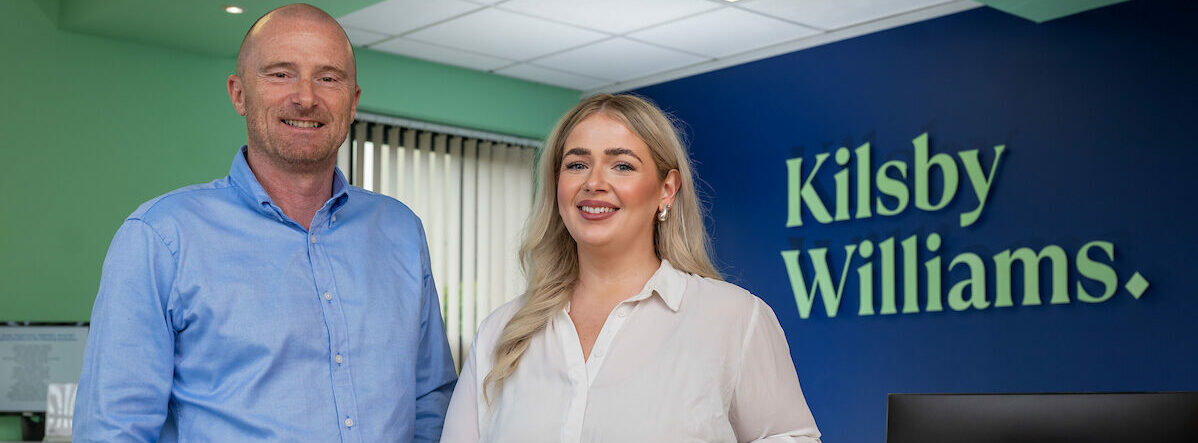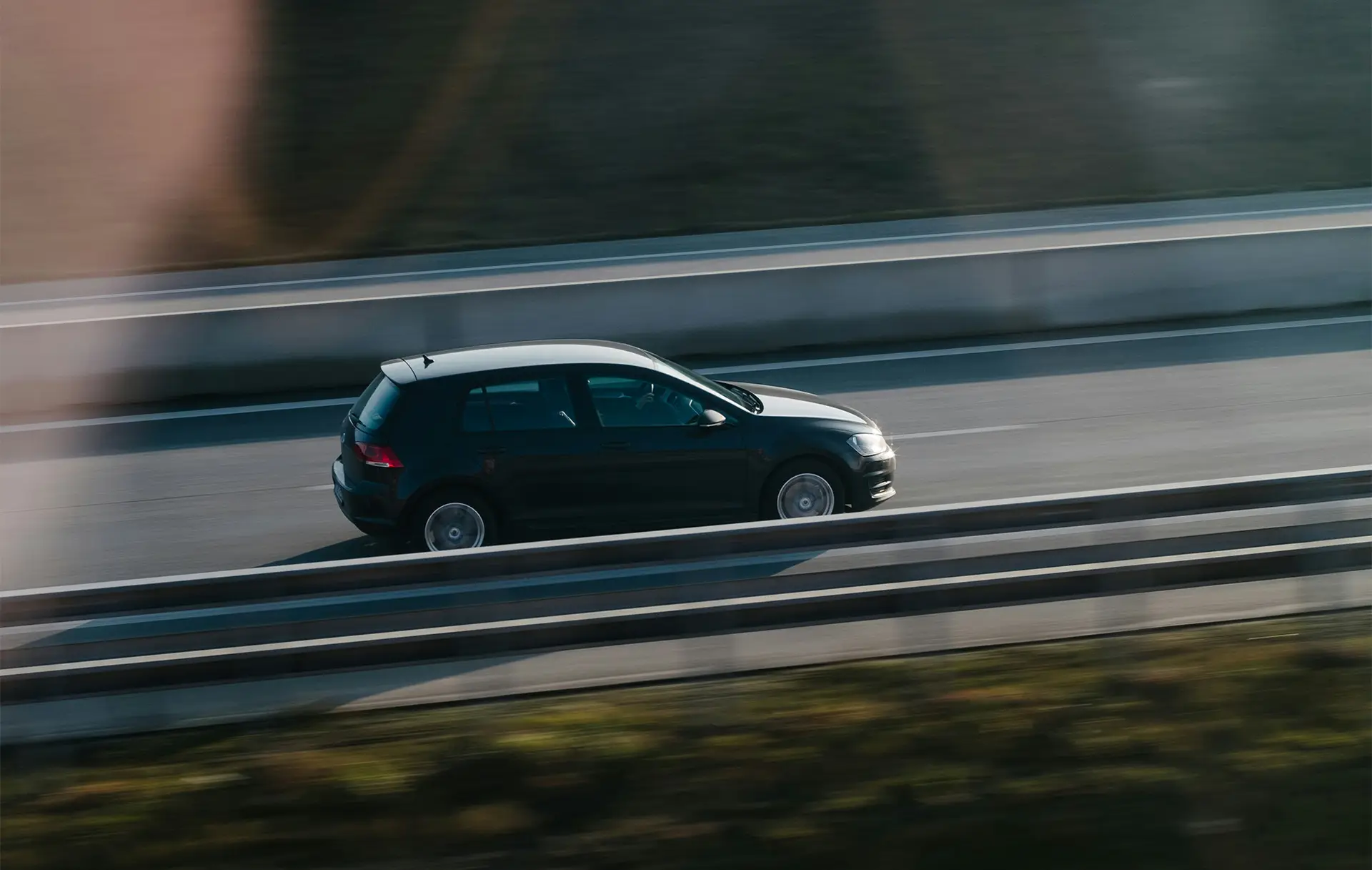Normally, we do not recommend company cars because the P11D benefit can give rise to substantial tax charges for the employee and the company.
However, the position for very low emission cars is different.
For 2020/21, there is no P11D benefit on an electric car with zero CO2 emissions. The P11D benefit in 2021/22 on a zero emission car will be 1% of the car’s list price, while the benefit in 2022/23 is expected to be 2% of the list price.
The P11D benefits on hybrid cars with CO2 emissions in the 1-50g/km band will range from 0% to 14% of the list price in 2020/21, depending on the electric range of the car and its registration date. Cars which can travel more than 130 miles in electric mode attract the lowest percentages. The percentages will increase by 1% in 2021/22.
If a company buys a new car with CO2 emissions of less than 50g/km before 1 April 2021, 100% of the purchase price can be claimed as a deduction in the corporation tax computation for that period.
Therefore, it can be tax efficient for companies to purchase very low emission cars. If possible, the purchase should take place before April 2021, as explained below.
Capital allowances – important change from April 2021
The 100% first year allowance available on new cars emitting no more than 50g/km comes to an end on 31 March 2021. After that date the allowance will only be available for zero emission cars.
Also from 1 April 2021, expenditure on cars emitting more than 50g/km of CO2 will be added to the special rate pool rather than the plant pool. Currently, only cars emitting more than 110g/km are treated as special rate assets. This is an important change because the special rate pool is written down at 6% per annum, compared with annual writing down allowances of 18% on the plant pool. As the sale of a car does not trigger a balancing allowance on the pool, it can take more than 30 years to obtain full tax relief for the cost of a special rate car.
If your company is planning to replace any of its cars in the next year, it may significantly reduce your corporation tax bill if the new cars are purchased before next April.
Double cab pick-ups – van or car?
It is common practice for companies to provide employees with double cab or crew cab pick-ups for private use on the basis that the vehicles will qualify as vans for tax purposes. Vans attract a lower benefit in kind than cars and VAT can be reclaimed on the cost of a van.
However, the recent decision of the Court of Appeal in a case involving pick-ups provided to Coca-Cola employees means that these vehicles may now need to be treated as cars for P11D purposes. The case involved a VW Transporter V5 Kombi and a Vauxhall Vivaro which had been modified to include a second row of seats behind the driver. The Court held that the modified vehicles were not van-like enough. They were multi-purpose vehicles capable of carrying both goods and people.
Companies should now undertake a careful review of similar vehicles provided to employees in order to determine the correct P11D treatment for 2020/21 onwards. Amendments to P11Ds filed for previous years may also be required.
It is not yet known whether HMRC will challenge the classification of double cab pick-ups as vans for VAT purposes.
For more information on any of the above, please contact Anna Jones –Anna.jones@kilsbywilliams.com




